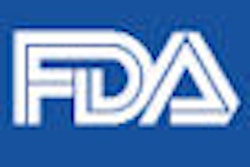The U.S. Food and Drug Administration (FDA) will decide whether to ban bisphenol A (BPA), a synthetic chemical with estrogenic properties that has been used for more than four decades in various products, including dental sealants.
The FDA must issue a final decision by March 31, 2012, not a "tentative response," according to a court settlement reached December 7 between the FDA and the Natural Resources Defense Council (NRDC), according to a Washington Post story.
In 2008, the NRDC filed a petition in 2008 asking the FDA to ban BPA, citing the growing body of research that suggests exposure to the chemical might pose serious health risks. In animal studies, exposure to BPA early in life has been shown to prompt hormonal and reproductive issues, including abnormalities in the early development of the brain, prostate gland, and breast tissues. It has also been linked with cardiovascular disease, diabetes, and obesity in humans.
When the FDA failed to respond to the NRDC's petition, the NRDC sued, according to the Post.
The government has said that low doses of BPA are safe. In January, however, the FDA acknowledged that advances in science have raised "some concern" about the chemical's health risks, the Post noted. The government is now funding a $30 million research effort on the issue.
The American Chemistry Council says BPA is safe and that state actions to restrict its use have confused people over the health risks, according to the Post.



















